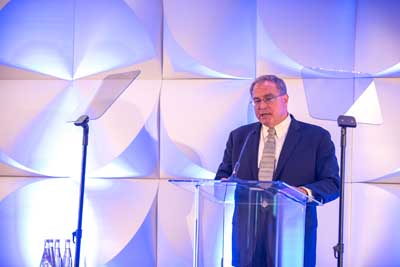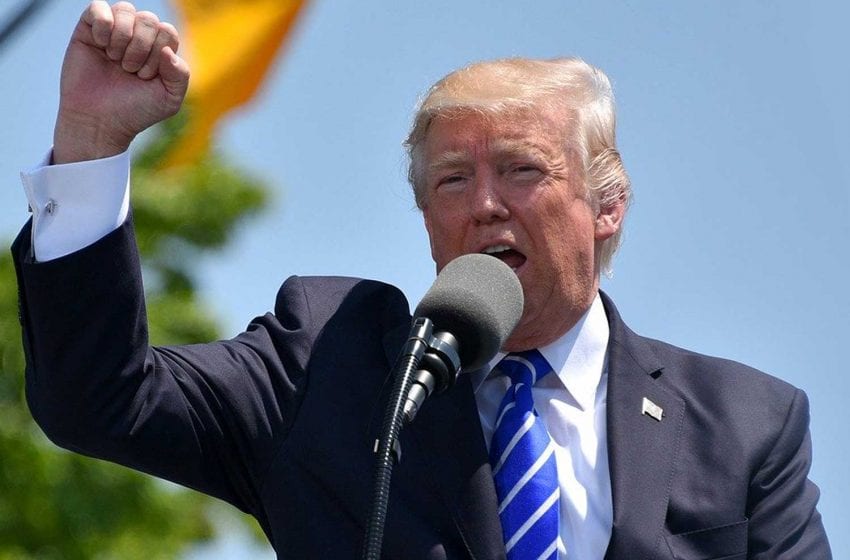The Foundation for a Smoke-Free World today announced at the Global Tobacco and Nicotine Forum that it is calling for proposals to develop and implement the Smoke-Free Index. The index will critically evaluate industry progress toward achieving a smoke-free world and assess actions taken to undermine that progress. It will complement the World Health Organization Framework Convention on Tobacco Control (FCTC) efforts by further examining necessary future transformation of the global tobacco industry and nicotine ecosystem to achieve a world free of the core products—combustible cigarettes—that are responsible for preventable and premature death and morbidity.
The Smoke-Free Index is part of the foundation’s industry transformation initiative that will report on industry practices to drive effective change, and is a core pillar of the foundation’s overall mission to achieve a smoke-free world within this generation. The foundation believes this is the ideal time to execute this transformation program since unprecedented and innovative technologies are currently leading to nicotine-delivery products that may have reduced health risks compared to those associated with emissions found specifically in combustible cigarettes. The foundation will seek to engage various stakeholders, including its critics, to successfully implement this Index and develop metrics that investors and policy-makers understand, value, and utilize.
“Senior global health leaders have started to acknowledge the importance of tobacco industry transformation and what this means for how we engage in building solutions,” said Derek Yach, President of Foundation for a Smoke-Free World. “It is long overdue that tobacco companies use their leverage in the market to assert greater influence on each other to act far more decisively to end the use of combustible cigarettes globally.”
The foundation is issuing a request for proposals (RFP) for qualified research organizations to develop and implement the first annual smoke-free index. Applicants will be evaluated based on a number of criteria, including alignment with the foundation’s mission, expertise and prior experience, global research capabilities, demonstrated quality assurance and oversight processes, cost, and timeline. All applicants must be independent from tobacco and e-cigarette companies. The RFP process will identify one to three grantees who will carry out the work independently of the foundation.
The smoke-free index will provide quantifiable evidence of how companies are addressing industry transformation. The foundation anticipates the collection and compilation of verifiable metrics on research and development, shifts in capital expenditures and marketing spending, investments aimed at phasing out cigarette production – and much more. Through the index, the awarded grantee(s) will also deploy a systematic approach in collecting verifiable data and specific examples of illegal actions or those incompatible with good corporate practices.
“Our main goal is to save lives. Although the foundation accepts industry funding, we have a binding pledge agreement that ensures our independence, and we are not afraid to speak out critically about any tobacco company,” Yach continued. “Progress can and will be accelerated by technology disruption and by changing the very structure of the tobacco industry and nicotine ecosystem, starting with the biggest players,” he added.
The Smoke-Free Index RFP submission process is detailed on the foundation’s website. The RFP process will be completed by the end of 2018, and the grantee(s) will be awarded in January 2019. The inaugural Smoke-Free Index will be published during the first half of 2020, and subsequent reports will be issued annually thereafter.
Tracking progress











